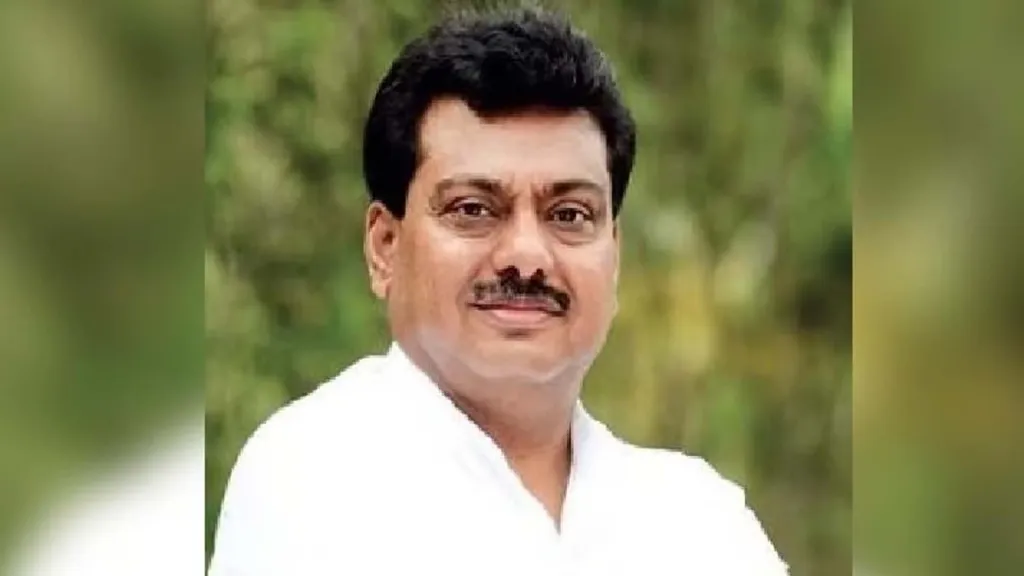Bengaluru: Karnataka Industries Minister MB Patil held a meeting with various departments on Monday to discuss finding effective solutions to solve the drinking water problem faced by various industrial areas in the state.
Patil said Bengaluru urban and rural, industrial areas of Chikkaballapura, Tumkuru and Kolar districts are facing serious drinking water problems. In addition, the Dharwad industrial area requires 45 MLD of drinking water per day which can be supplied from the Hidkal reservoir.
Similarly, Vijayapura Industrial Area should also be supplied with equal quantity of drinking water from Krishna reservoir every day. He informed that Kalaburagi industrial area needs 7 MLD drinking water from Krishna and Bhima rivers, Ballari industrial area needs 13 MLD water from Tungabhadra dam, and Raichur industrial area needs 13 MLD water from Krishna river.
Expressing concern over the problem, Patil said, “Taken together, all these districts require a total of 290 MLD water per day. If the required water supply is not ensured, the industrial development of the state will suffer.
The industrial areas of Tumkuru, Bengaluru, Kolar and Chikkaballapura located in the old Mysore region are already using treated waste water for industrial purposes. However, there is a severe shortage of drinking water in these places. Patil said, therefore, the availability of quantity of water and the sources from which it can be supplied needs to be identified and another meeting in this regard will be held in a week or two.
The meeting was attended by RDPR Minister Priyank Kharge, officials of BWSSB, Karnataka Industrial Area Development Board and Rural Water Supply Department.
Full access to attract investment
A statement issued by the minister’s office said Patil has initiated consultation meetings regarding creating a new full entry to attract sustained industrial investment in the state and promote reinvestment from existing industries. On Monday he watched presentations prepared by Politics and Boston Consultancy Group. With the intention to focus on attracting new investments, an IAS officer will be appointed as the CEO of the proposed entity, and veterans of private enterprises will also be appointed on contract on a full-time basis. Overall, it will act as a global standards unit, Patil elaborated.
